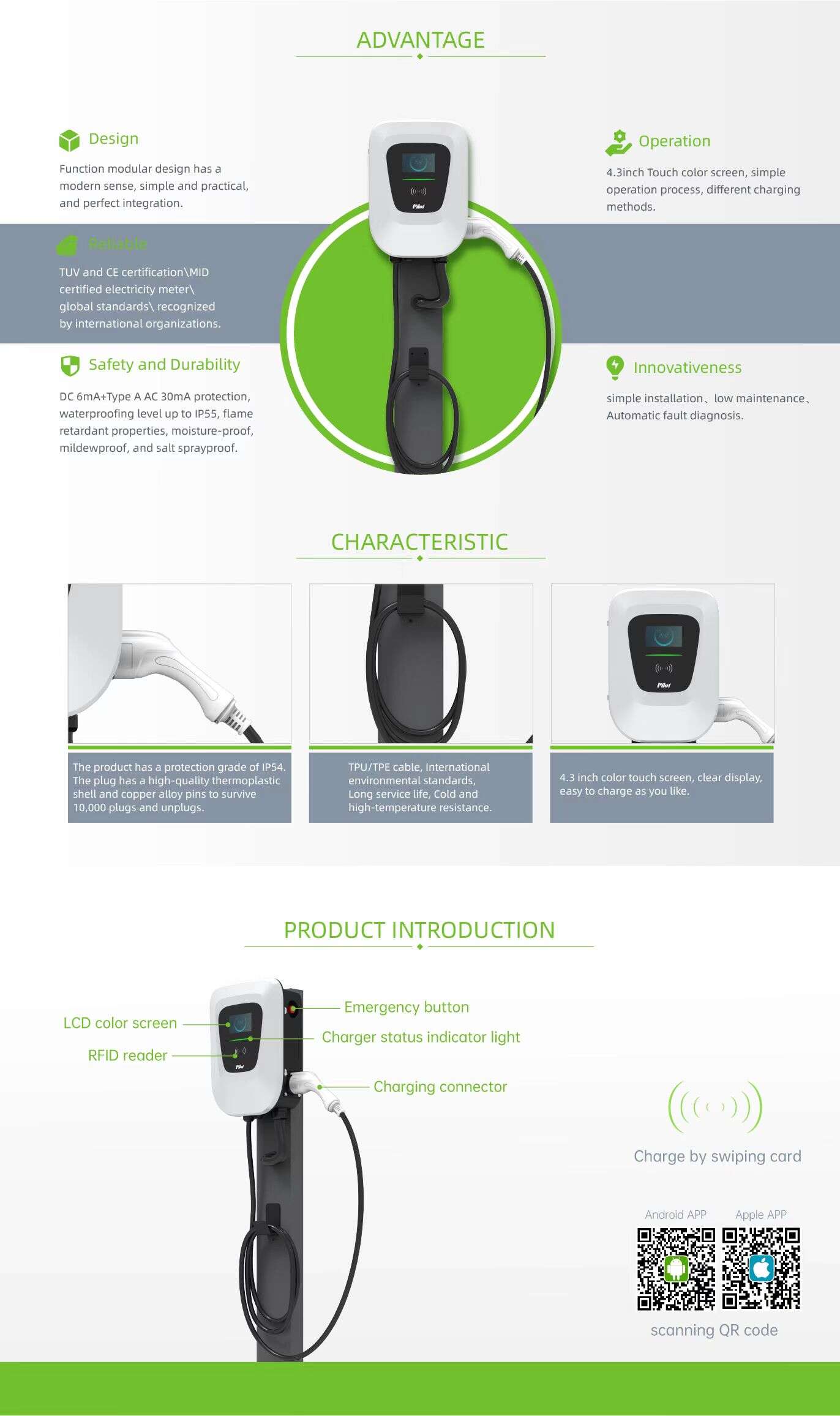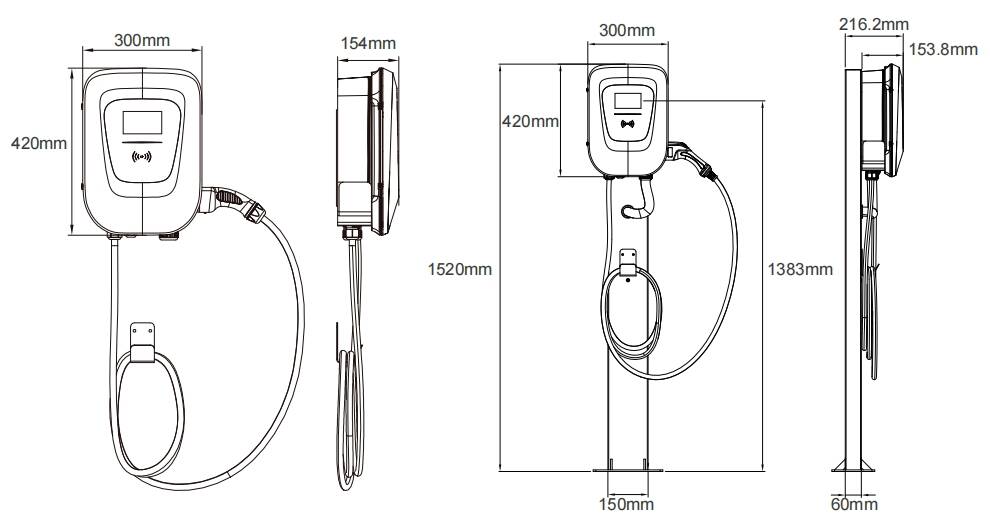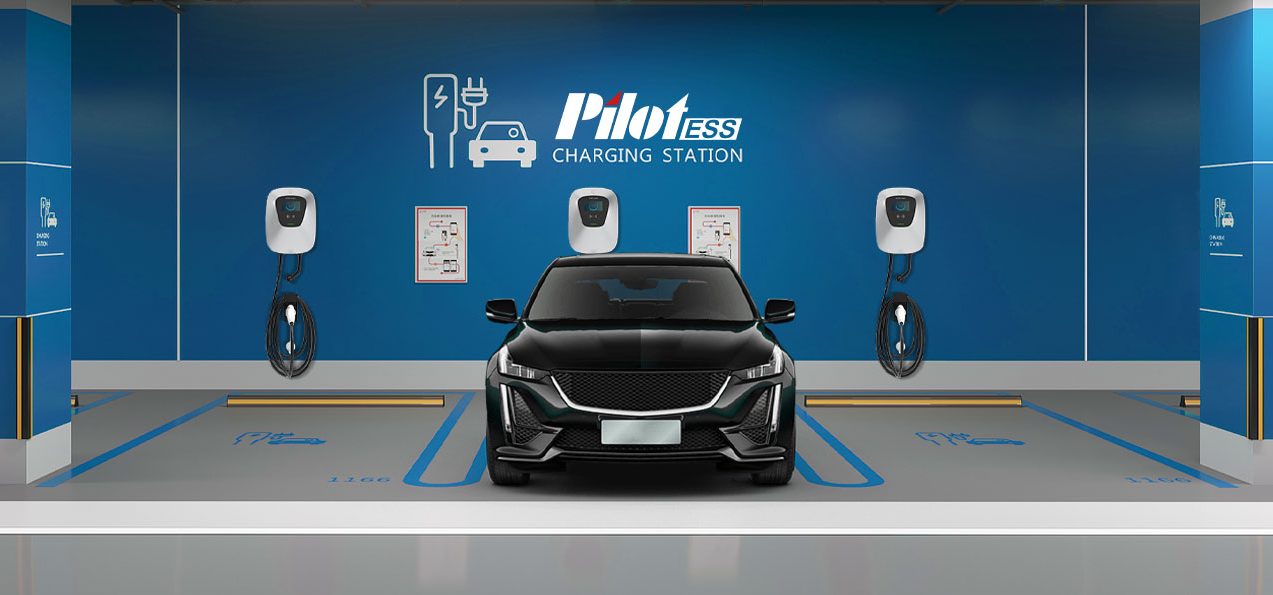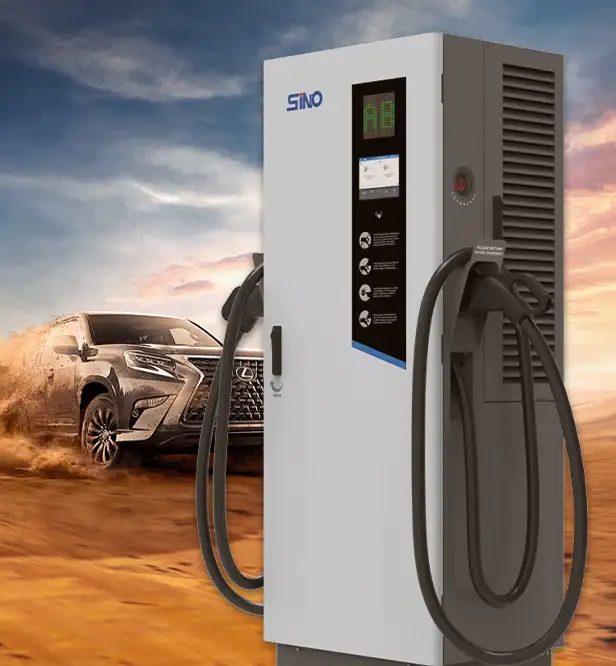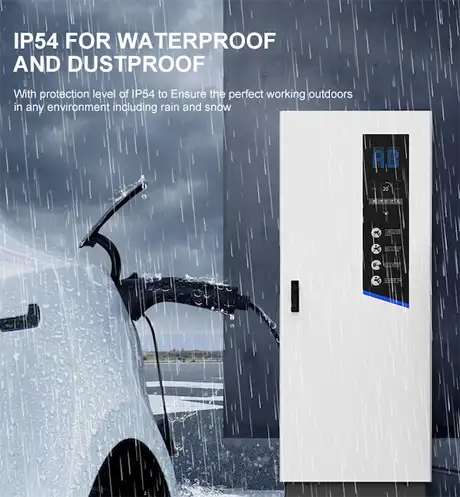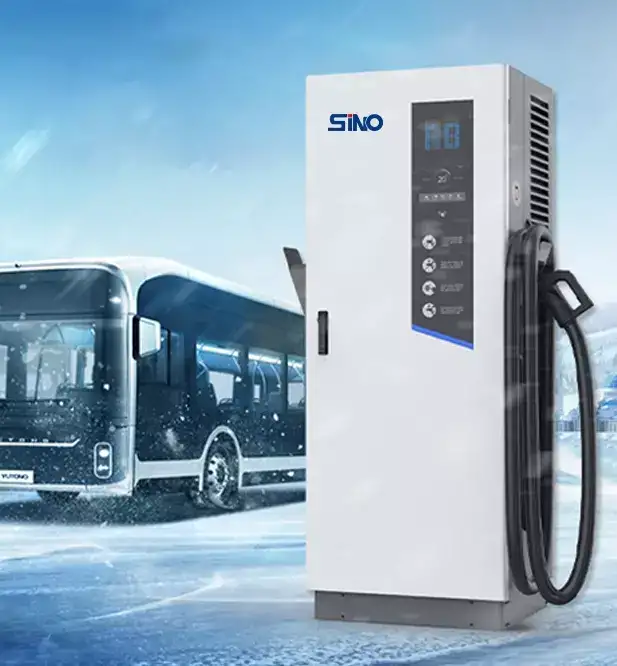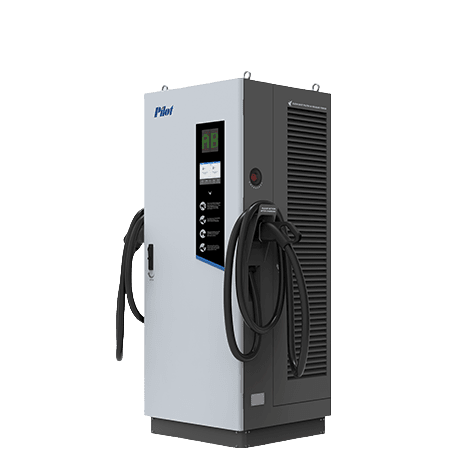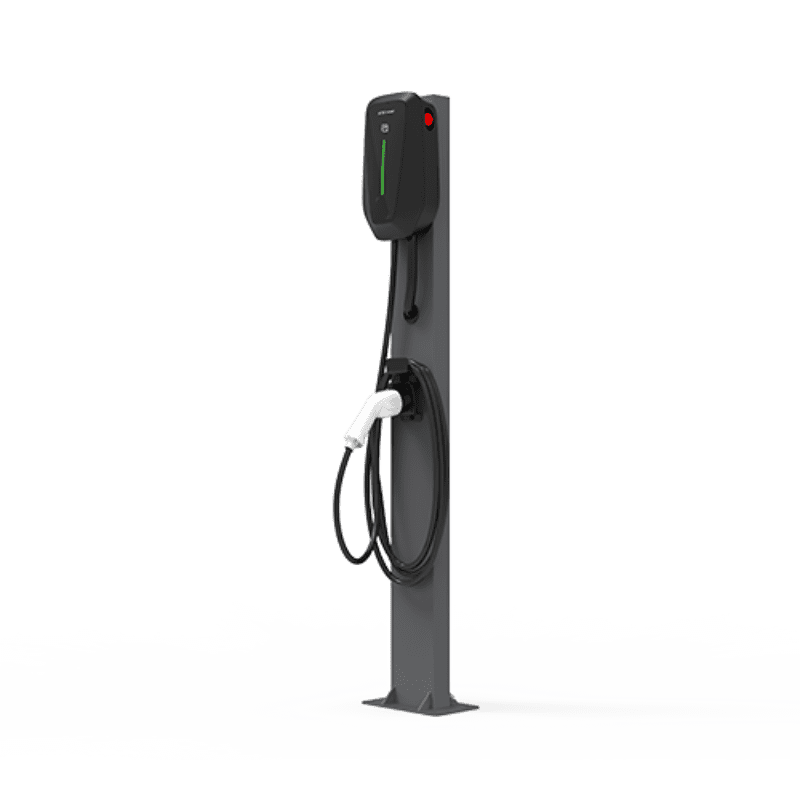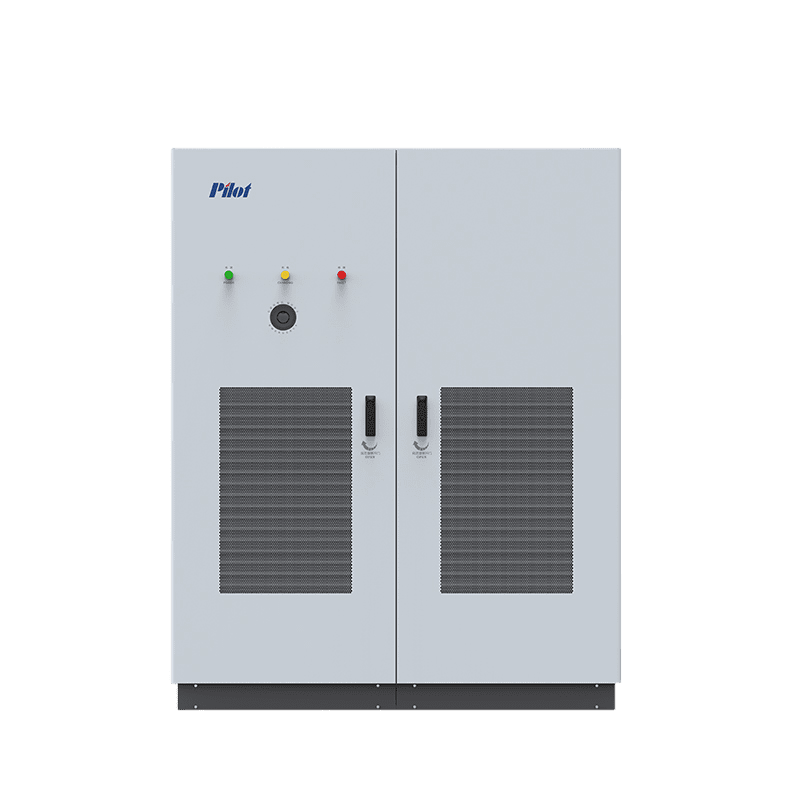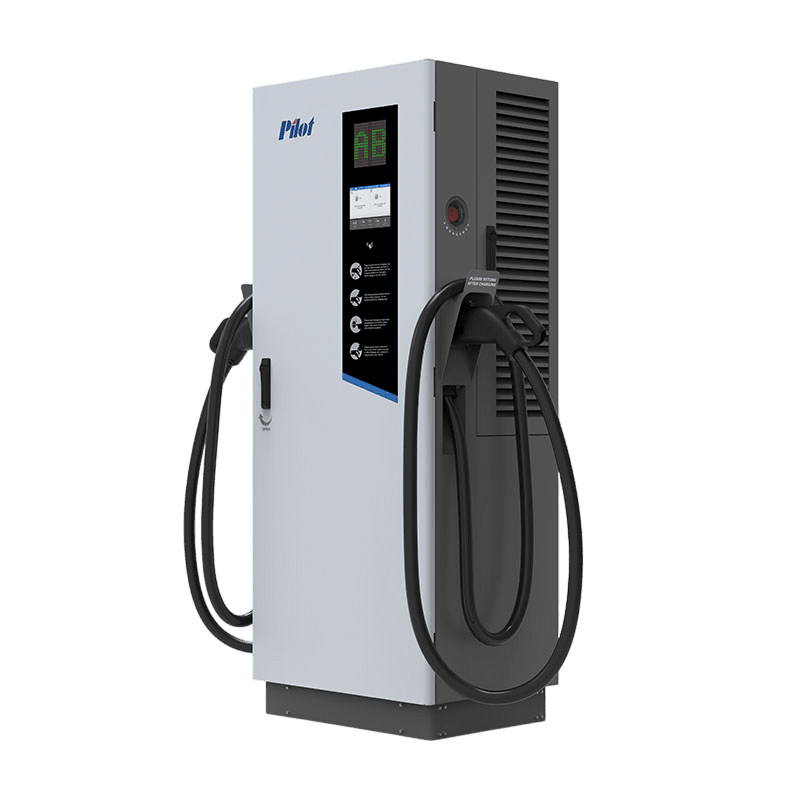Why is at home EV charging preferred over public EV charging?
Over 80% of EV charging happens at home. This is partly due to the fact that there has been a lack of public EV chargers in the past. As more EVSE are added to communities and places of work, this will likely change. However, many EV owners will still likely prefer the convenience, control and cost savings of charging at home
What are my public EV charging options?
Public EV charging stations will either be Level 2 or Level 3 DC Fast Chargers (DCFC). Level 2 EV chargers supply alternating current (AC) to the vehicle’s on-board charger which converts the AC power to direct current (DC) to charge the battery. On the contrary, DC Fast Chargers bypass the vehicle’s on-board charger and supply DC power directly to the EV battery.
Does DC fast charging damage the EV battery?
Excessive DC fast charging can negatively impact EV battery performance and durability. Compared to standard charging, eight years of fast charging would take approximately 10% off of the EV battery life. While DCFC is convenient and at times absolutely necessary, this method of charging should be utilized only when essential.
Can I use any public EV charger?
If charging with Level 2, you can use any public EV charger as they all use or have an adaptor for a standard SAE J1772 connector. Level 3 DC Fast Chargers typically have either a CHAdeMO or CCS connector - these connectors are incompatible. However, a lot of EVs have a charging port for each. Tesla used to have a third connection type for Level 3 charging, but Tesla superchargers are now compatible with other vehicle models. To be safe, make sure you know your EV connector (all EVs except Nissan and Mitsubishi should use CCS).
How can I find a public EV charger?
Finding a public EV charger is easier than ever. Almost all public EV charging companies have a network, accessible through an app, to display charging station locations. With the advancement of interoperability, charging networks also exchange information with one another to display chargers from multiple companies. This Open Charge Point Protocol (OCPP) simplifies the user experience by eliminating the need to download multiple apps. Public EV chargers are also visible on some navigation softwares such as Google Maps.
How long does public EV charging take?
Public EV charging time is dependent on the type of charger, among other factors. Level 2 EV chargers, more commonly found in local communities and places of work, can add around 15 to 30 miles of range per hour. DC Fast Chargers, more common along highways, can charge your EV in as little as 30 minutes. No matter how you choose to charge your EV away from home, expect the process to take longer than filling a gas tank
How much does public EV charging cost?
This is dependent on what type of charger you use, when you charge and what pricing model is in effect. Public EV pricing models include monthly subscriptions, pay as you go or some combination of both. While there are variables, you can assume that using a DC Fast Charger will cost around $15-30 for a full charge. Already less expensive than filling up with gas, EV charging will only get cheaper as you decrease your charging level to Level 2 or Level 1.
Is my EV battery going to run out before I find a charger?
If you’ve never run out of gas, you’ll never run out of electricity. Similar to your old gas-powered vehicle, EVs will give you a warning when your battery is low and many will display EV charging stations in the area. If your battery level continues to decline, your EV will take precautions such as increasing regenerative braking to convert more kinetic energy into usable energy therefore extending battery life.
Can I take my EV on a road trip?
Yes! With more on the way, there is already EVSE in place to meet your road trip needs. If you plan ahead and pinpoint the EV chargers along your route, you’ll have no problem adding your EV to your adventure. However, just be mindful that EV charging takes longer than filling up with gas, so try to plan your EV charging during meals and other necessary stops.
Are there any public EV charging best practices I should follow?
Yes! One key tip for EV charging is to try to maintain your EV battery between 25% and 75%. Also, remember there are many factors that affect charging speed such as charging rate of the vehicle, battery size, battery fullness, and environmental elements such as temperature. Read our EV Charging Guide for a deep dive into EV charging best practices.



